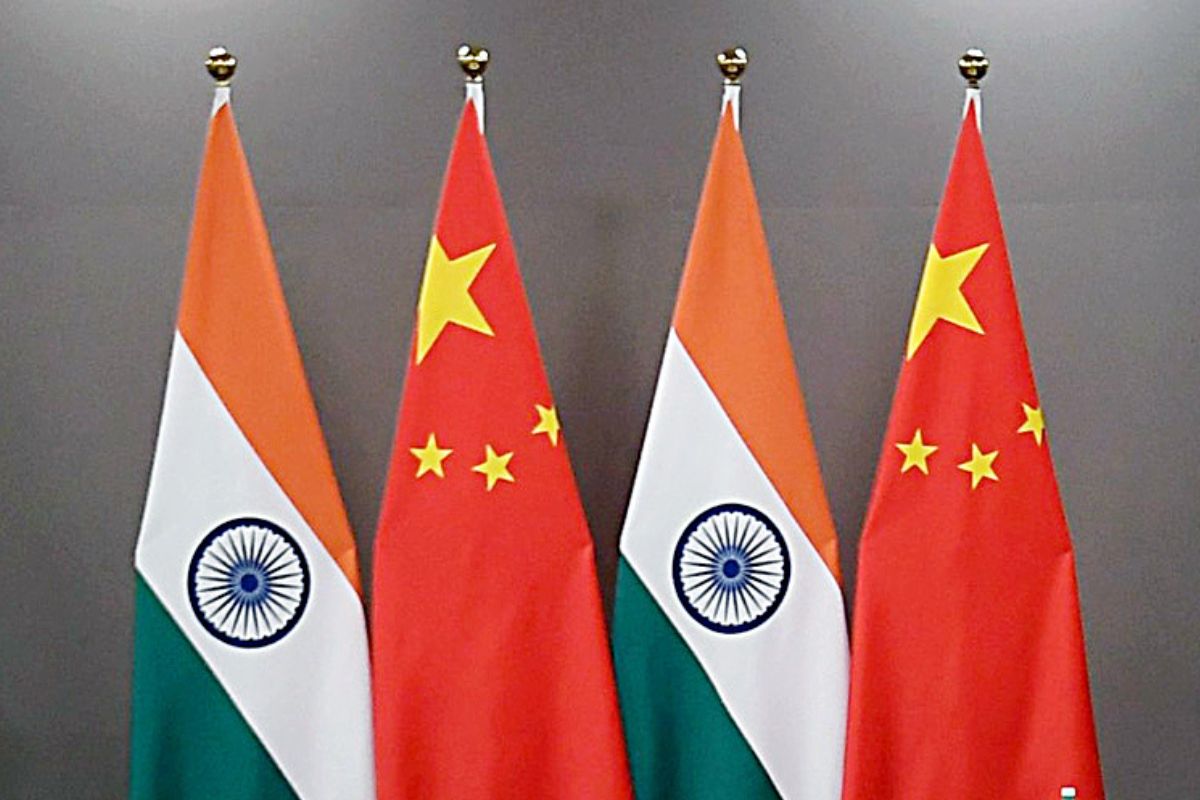The periodic eruption of the debate over the appropriateness of the China-India comparison prompts the following reminder for those overstating India’s heft, even if with the best of intentions. Communist China is in the position it is in today as the sole challenger to American post-World War hegemony because of its unprecedented three-decade average rate of growth of approximately 10 per cent between 1990-2020. India can neither in its own interest afford ~ nor will the world accept ~ a 21st century redux version of the so-called Chinese model of development which was accompanied by a simultaneous ravishing of natural resources and the widespread suppression of citizens’ rights. Instead, an effective management of the quadruple transition covering social, economic, environmental, and political spheres to drive well-rounded growth which puts a premium on HDIs must be the Indian priority. This would be the true meaning of the shift from a “GDP-centric view of the world to a human-centric one” that Prime Minister Narendra Modi made a strong case for at the recently concluded G20 summit in Delhi. Beijing has had significant success in drawing emerging markets and lower middle-income countries which have their own developmental imperatives into its thrall. Competing with China in the development space is a no-gain area for India, and pressurising other developing nations to let go of Chinese funds ~ ‘debt trap’ or not ~ will only put their backs up. It is, therefore, heartening to note two discernible trends in India’s policy towards the emerging multipolar world order which need to be pushed along. First, doubling down on the G20 as the global forum for the world’s significant and emerging powers ~ to which the African Union has been an excellent addition ~ is the sensible way forward for an intermediate power such as India to negotiate a turbulent geopolitical environment wherein international institutions are unreformed and increasingly unreformable. And this must be pursued beyond India’s presidency of the grouping. It would go some way in mitigating the unfavourable-to-Indian-interests BRICS expansion as well as China’s domination of blocs such as the Shanghai Cooperation Organisation (SCO) by drawing many of the new and putative BRICS members into a tighter G20 embrace. It is by far the better strategy than what would have been a diplomatically churlish and strategically selfdefeating tactic by India had it opposed the invitation to new members into BRICS as the other member-states were all for the move. Secondly, as the G20 summit exhibited, the grouping allows for innovative, custom-made engagement models with developing and developed countries. The US-backed India-West Asia-European Union trade and connectivity corridor ~ which found immediate favour with Saudi Arabia, UAE, Jordan, Israel, Italy, Greece and France ~ can and should be expanded to include viable sub-Saharan, East, and North African states. Similarly, the initiative to export India’s digital public infrastructure model to G20 member-states and adapt it to suit local conditions has elicited genuine interest. Additionally, the Global Biofuels Alliance launched at the G20 summit has the potential to incentivise green growth and achieve net zero targets without forgoing economic development for many nations. Only when these and other initiatives come to fruition should an India-China comparison even be attempted.
Advertisement









